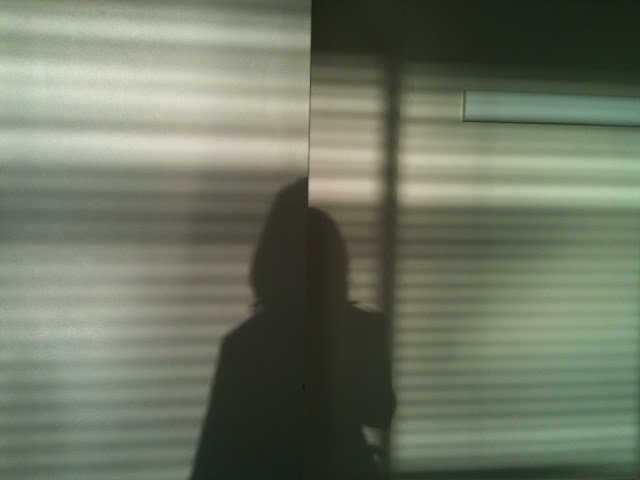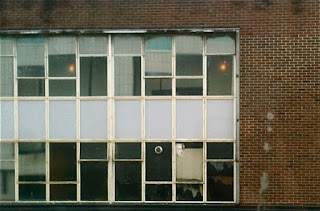I've recently devoured all 623 pages of parts one and two of 1Q84 by one of my favorite authors Haruki Murakami. The translation was published last autumn, but I hadn't seen it in a book shop until a week ago. I had to read it.
It has been argued that his created fictional worlds are very similar, sometimes remarked as being too similar, or indeed, the same. I find this criticism to be a strange one. It seems odd to me to expect that each time one man digs into his psyche out of self-discovery and revelation, mining its' contents and sifting through the fragments to piece together a sense of himself, his place in the world, the nature of that world, and so forth, that that self should be completely different each time. It would be absurd, unreal, forged and to me, as a result, empty. What good is a fantastical story if it speaks of nothing in any earnestness?
When I read his fiction, more so even than when I've read his non-fiction, I get the distinct feeling that I'm truly privy to a human man revealing his inner self to me, in his confusion, his fear, his joy. Of course this happens within the works of countless authors, certainly all of my favorite writers, Lawrence, Hemingway, Fitzgerald, Salinger, Bolaño (obvious and teenage choices but they are at least honest, I've yet to devour anyone's words like I have those of these men, which is no small achievement given how difficult the act of reading is for me at times)... But, perhaps because of the times in which they were written, and the backgrounds to which each man was familiar, Murakami's work is easier.
I accept the fantastical when he writes about it. Like looking at a Gregory Crewdson photograph, or a Hopper painting, I don't care if the laws of the everyday or even Physics are defied, the angles are off, the limbs disproportionate, so? What the artist conveys is done in such a matter of fact, yet somehow, incredibly subtle way, hell, I'd be benighted if I didn't accept the presented outright.
Yet there is still this feeling that accompanies such acceptance, it's been called the Uncanny, Surreal, ghostly, macabre etc., etc., whatever you choose to call it, it's there. It isn't unpleasant for me though, that feeling.
In a chapter of the book, later published alone as a short story in The New Yorker, Murakami introduces the Town of Cats, it is a short story one of his protagonist's happens to be reading on a seemingly impulsive train journey to a sanatorium by the sea.
If you have any interest in learning about the story a little better give it a read. As a stand-alone piece it isn't the greatest, but within the book it serves a vital purpose. Walking around I often feel disengaged, as do most of us I'm told. When reading I feel I am at least engaged with someone, someplace. Book Three is connecting me at the moment, for how long, well, that's up to me... It is hard to hold out. Especially those sometimes when, after closing the books and setting them down, I feel like I've returned to the Town of Cats.















































